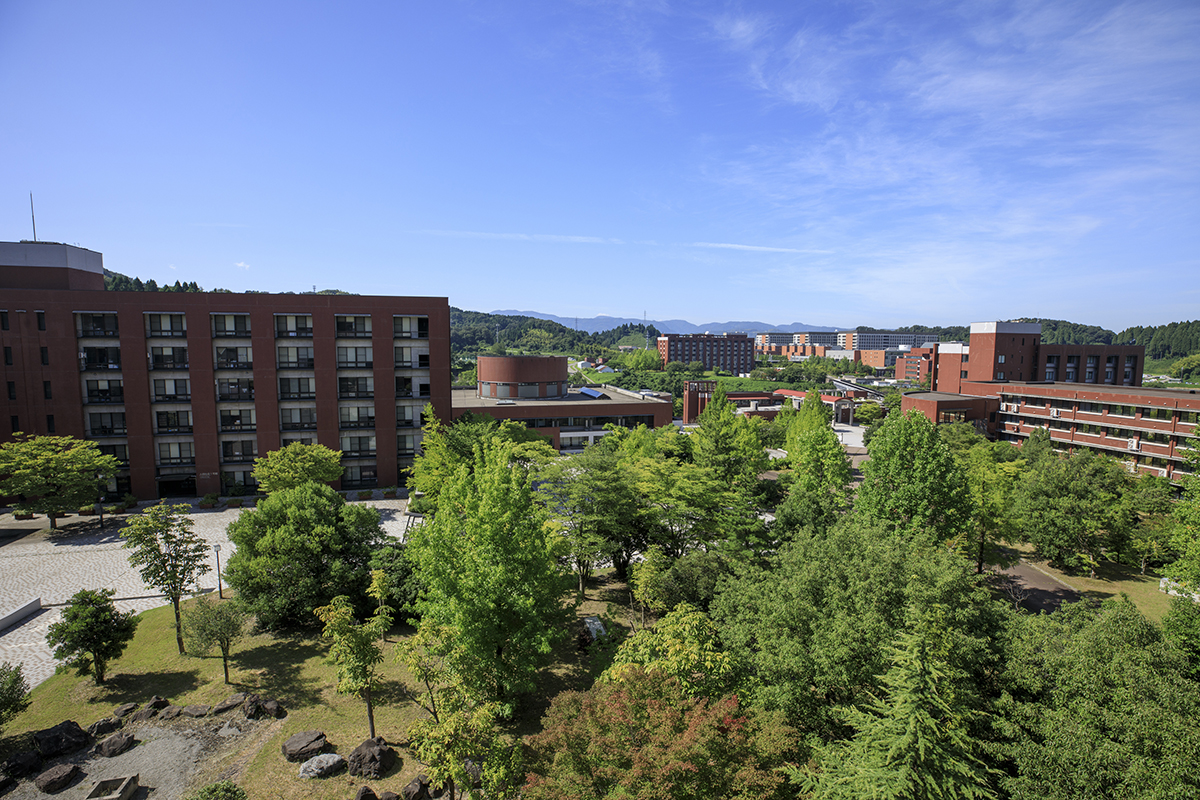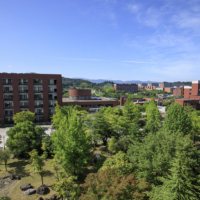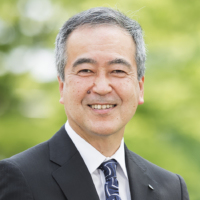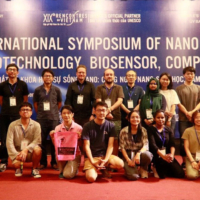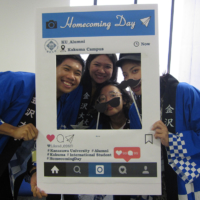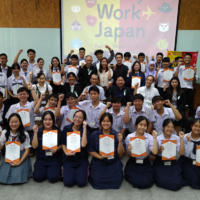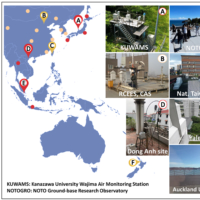Situated in central Honshu not far from the Sea of Japan, Kanazawa University is a research powerhouse with big new ideas in fields as diverse as evolutionary medicine, tourism and nanoscience. “Kokorozashi,” which means aspiration in Japanese, is KU’s motto and is typified by a move into in-house venture capital. Much of the university’s outreach extends to the members of the Association of Southeast Asian Nations.
Farsighted beginnings
What would one day become Kanazawa University began in 1862 as a smallpox vaccination center in Hikoso, Ishikawa Prefecture, supported by the feudal lords of the Kaga domain. Farsighted even then, the area’s leaders emphasized Western-style learning and launched an array of educational institutes that included a medical school, pharmacology department, industrial college and many other institutions before they were all merged in 1949 into the university that exists today.
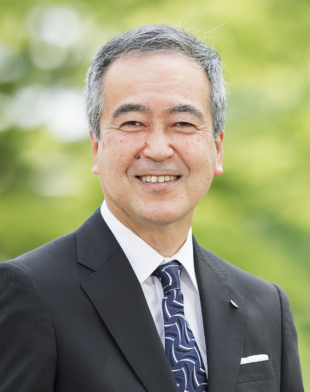
President Takashi Wada took office in April 2022 and quickly established a reform strategy office staffed evenly by administrative employees and faculty — mainly younger people with a 1-to-1 ratio of men to women — under his direct control. “We have a history that connects innovation to current traditions,” he said.
Wada’s interpretation of the two worlds he and the university must deal with is clear-sighted and literally visionary. “We humans have two eyes. If you look at a region with your left eye and at the world with your right, you can see the whole picture by combining them,” he said. “We contribute to society by having multiple perspectives, compound perspectives and insights while looking at both the local situation and the world, as well as offering top-level education and research.”
The KU Top Global University project and its own global human resource development standards are driving much of this. The former is a project of the Ministry of Education, Culture, Sports, Science and Technology intended to support universities that carry out research at the world’s top level and at universities that drive globalization.
This year marks the 10th since the KU-TGU project started. Wada shared some of the top-line results. “We’ve increased the number of students scoring 760 or higher on the TOEIC to about 30% of the total,” he said. “And before the pandemic hit, we had 1,200 international students, with around 1,000 now. The number of subjects we teach in English is 27 times more in undergraduate courses, and about 12 times more in our graduate schools. In addition, the ratio of foreign or Japanese faculty who possess overseas degrees or out-of-country research experience has risen 1.7 times.”
The Kanazawa University Global Standards is an initiative designed to produce human resources with the Kanazawa University brand who can gain the “future-oriented intelligence” needed to explore and overcome current and upcoming challenges.
“To become a true international citizen, it is important to be aware of your own country’s culture and be proud of it, and also to understand and respect other countries’ cultures,” Wada explained.
As for Kanazawa itself, Wada said the city takes great care of students and that students find it very easy to spend time there. “We are aiming for a global campus that blends into everyday life,” he said.
New mindset, future funding
Wada indicates that the university is also intent on creating a new academic field that blends various elements such as literature, science and medicine. One example is the Sapiens Life Sciences, Evolution and Medicine Research Center, which mixes archaeology and medicine. “We aim to elucidate the human evolutionary process and disease pathology by integrating ancient human genome research, data science and medical life science research,” he said.
On an entirely different aspect of life, the university’s School of Tourism Sciences and Design focuses on business development centered around tourism, as well as scientific and technological approaches that focus on “Society 5.0.” This term refers to a human-centered society that balances economic advancement with the resolution of social problems by a system that highly integrates cyberspace and physical space.
“Kanazawa has the image of being a leader in tourism, so studying it makes a lot of sense,” Wada said. “I think this is easy for people in ASEAN to grasp as well.”
Beyond that, the School of Entrepreneurial and Innovation Studies in the College of Transdisciplinary Sciences for Innovation has the aim of developing human resources who will lead social transformation in creating innovation. Students gather new knowledge and co-create with others in a diverse environment through project exercises. Collaborating with teachers and people outside of the university, students learn how to engage with the status quo and future issues in practical ways.
The university values the core technology of basic research as a starting point, and provides full support for the entire process of applying it to future society. “To implement basic research and core technologies in society, though, it is necessary to bridge the gap through empirical research,” Wada stated.
To ensure it can pursue that research, Kanazawa University established its wholly owned venture capital firm Vision Incubate Co. in August 2023. This marks the first time in Japan that a national university has launched a venture capital company with its own funds.
“The previous mechanisms were public-private funds. In other words, money was coming in from the government,” Wada said. “We are taking the next step to bring our empirical research closer to social implementation via the venture capital system.”
Bonding with ASEAN
“We consider ASEAN to be an important partner,” Wada said. “In our Collaborative Professor System, for example, 30% of the instructors are from ASEAN.”
There are Kanazawa University satellite offices in five locations in ASEAN — one in Indonesia, three in Thailand and one in Vietnam — to help students coming from Japan and those leaving to attend university.
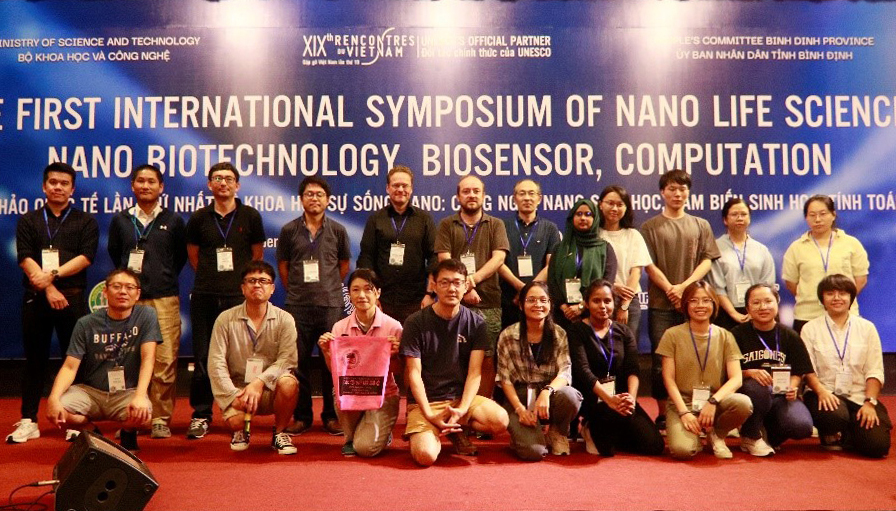
Outreach at a high level is crucial. The university’s Nano Life Science Institute (NanoLSI), established as part of the World Premier International Research Center Initiative, is a unique facility investigating nanodomains and revealing the mechanisms of biological phenomena at the atomic and molecular levels. Almost 40% of the institute’s researchers are foreign, and it is actively reaching out to ASEAN for more. Most recently, it cosponsored a mid-September symposium in Vietnam that focused on nano biotechnology, biosensors and computation for tackling problems in the life sciences. Ten NanoLSI researchers and 10 students from the Nano Life Science Division of the Graduate School of Frontier Science Initiative held lectures and talks.
On the reverse side, short-term study abroad programs at the university sent 867 people to ASEAN members between 2016 to 2022. “There are many schools conducting joint research and partner schools in ASEAN,” Wada said. “We also offer the First Step Program, which is a short-term and inexpensive program for first- and second-year students to gain overseas experience, allowing them to build confidence and then move on to long-term study abroad.”
Attractive propositions
To entice both foreign researchers and students to come to Kanazawa, the university offers generous assistance, including school admission support and Japanese-language programs for foreign children. “More and more people are thinking of studying at Kanazawa University because they feel confident that the university really supports them not only in their studies, but also in their daily lives,” Wada noted.
In April 2022, the school established its Graduate School GS Basic Subjects/Advanced Subjects program. “Graduate students with a high level of expertise understand the importance of liberal arts,” Wada said. “This is a liberal arts program that fosters a comprehensive perspective. It is unique in that it has been introduced not only in university departments, but also in graduate schools. Students can also rotate laboratories so that they can acquire new perspectives outside of their specialty.”
In December the same year, Kanazawa University created the Promising Researcher position. “As a preparation and training period for promising students to build their careers after completing their doctoral program, we’ve prepared a three-year position as a special lecturer. This year is the first year, and as of June 2023, we had hired four people — all women — as researchers.”
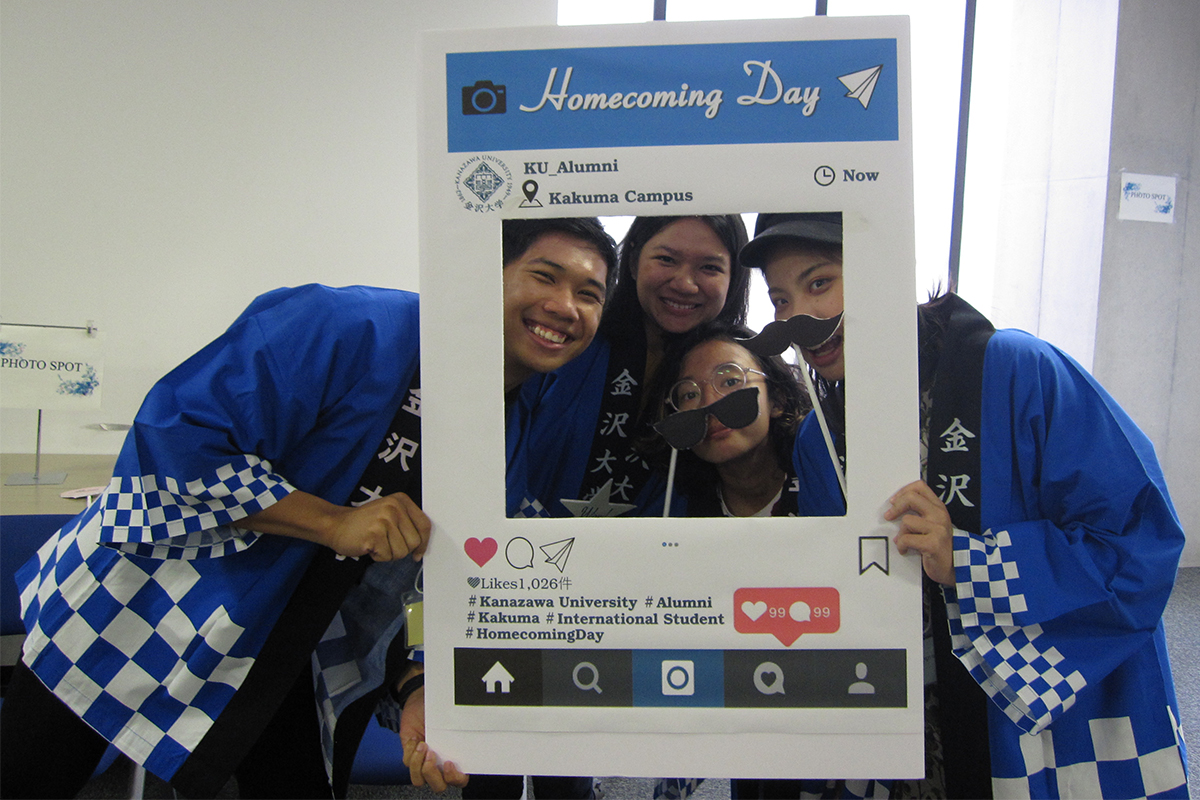
Targeting global youth
The university is also appealing to high school students in the ASEAN region to consider the school as a prime education destination.
In late September, for example, Kanazawa University hosted the Study and Work in Japan Fair for Thailand 2023 in Bangkok. This fair was held as part of the Study in Japan Global Network Project (ASEAN) commissioned by Okayama University. This initiative, launched in 2019, is meant to promote study abroad from Thailand to Japan and help integrate international students with Japanese society. This year’s fair marked the first time the event has taken place onsite since the COVID-19 pandemic.
Taking place at the Knowledge Exchange for Innovation Center, one of Kanazawa University’s liaison offices in Bangkok, 31 organizations exhibited and provided a wide range of materials and information about universities and companies to about 440 Thai high school and university students and working adults. Many participants showed great interest in studying and working in Japan or at Japanese-affiliated companies in Thailand, and obtained useful information from both participating institutions and individual consultants.
The university also presents what is known as the Kagayaki Award, a highlight at the above-mentioned fair. The award provides an opportunity for high school students to present their research and receive awards. At the 2023 fair, 124 teams participated.
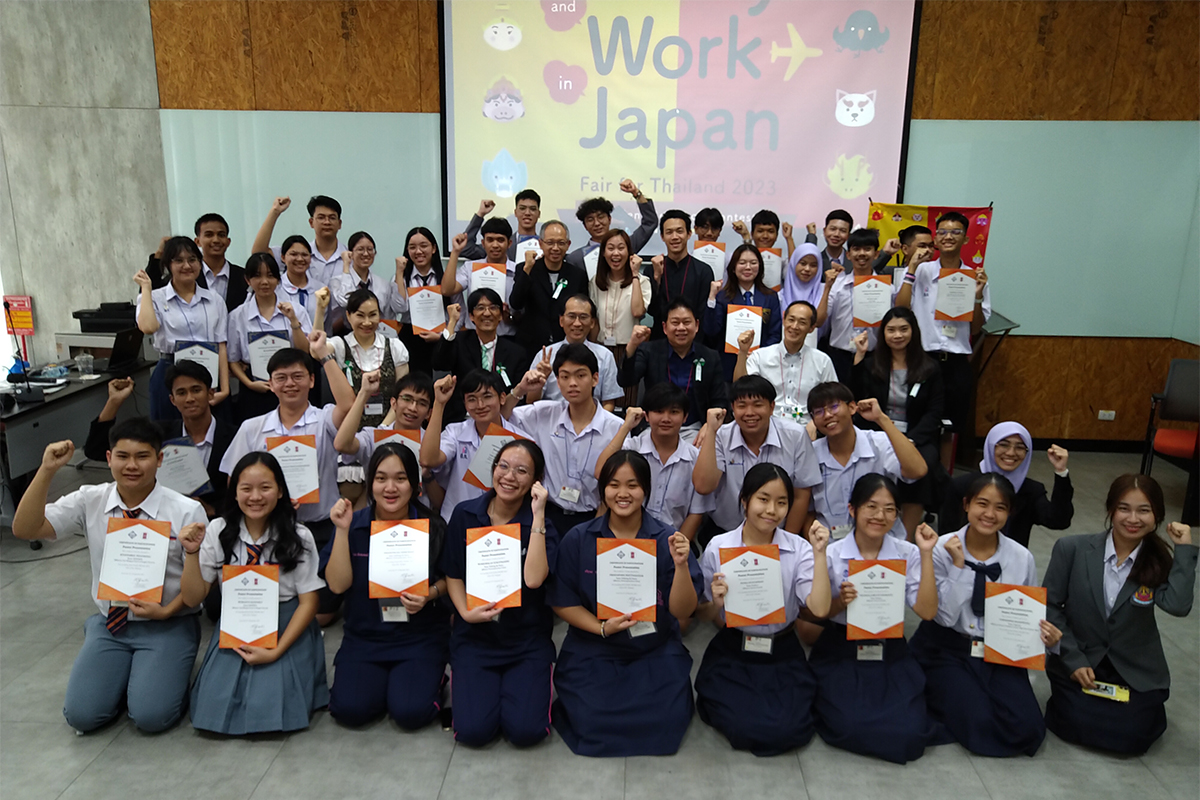
On the project side of things, the university is deeply involved in many initiatives that affect ASEAN members. One involves research into transboundary pollution analysis by the Institute of Nature and Environmental Technology. Since the Sea of Japan and the East China Sea border one another, the university jointly monitors environmental pollution with many collaborating organizations in ASEAN. Another is the Science and Technology Research Partnership for Sustainable Development, a project to solve air pollution problems and develop human resources in Cambodia in collaboration with the Japan Science and Technology Agency.
During the recent G7 education ministers’ meeting in Toyama and Kanazawa prefectures, education ministers from various countries gathered at Kanazawa University to discuss the future of education with high school students, university students, graduate students and others, including those from ASEAN.
As is apparent, Kanazawa University’s programs continue to gain in scope and sophistication. So does its outreach to ASEAN. The school’s ambitious goal — to deliver innovative research and an education that fosters the ability, strength and human resilience to succeed in global society — is bound to attract learners from abroad, and to create future-oriented intelligence.
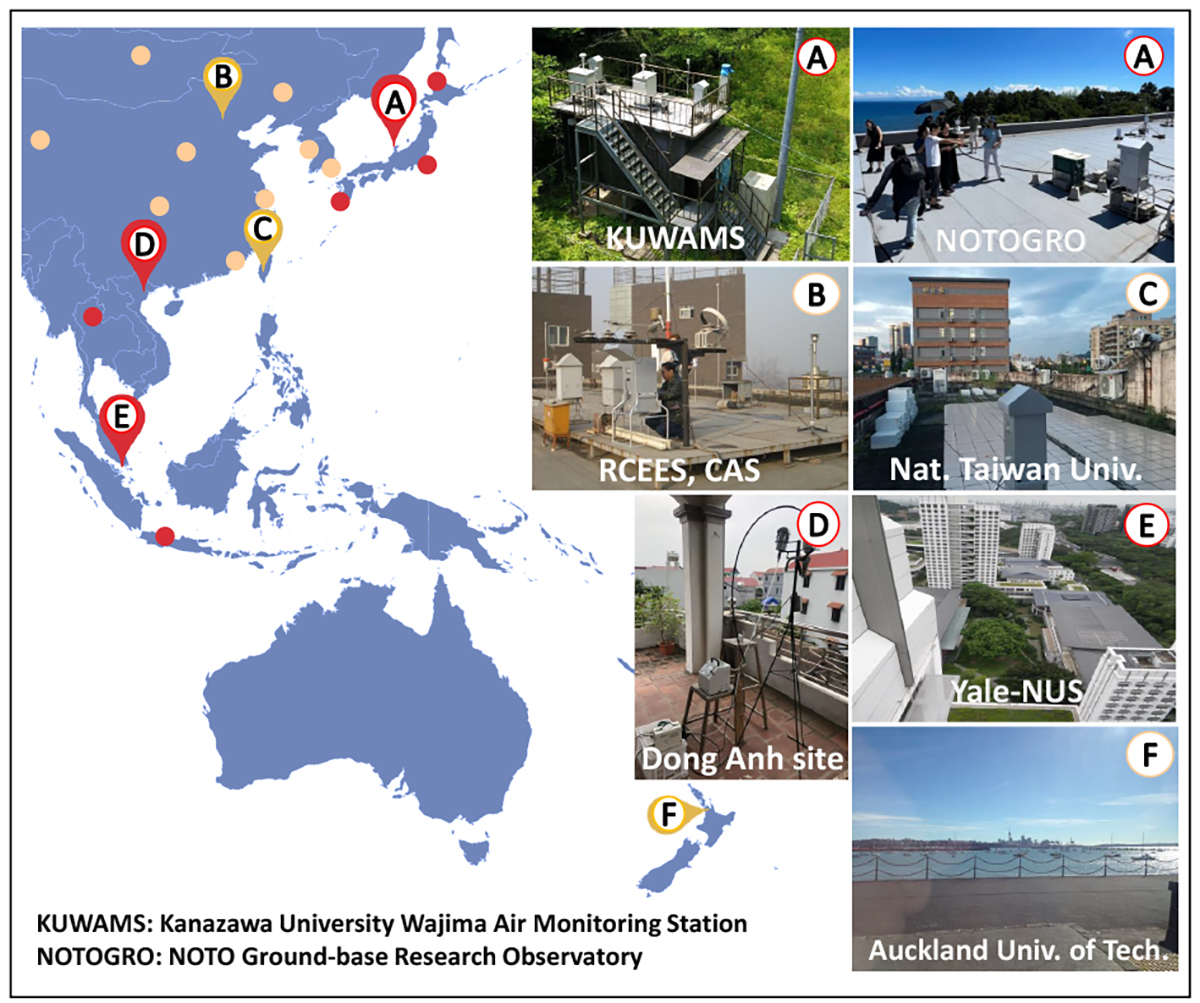
This page is sponsored by Kanazawa University.
Kanazawa University
Address: Kakuma-machi, Kanazawa-shi, Ishikawa 920-1192, Japan
Tel: +81-76-264-5111
E-mail: [email protected]
URL: https://www.kanazawa-u.ac.jp/e
Download the PDFs of this ASEAN-Japan 50th anniversary Special



